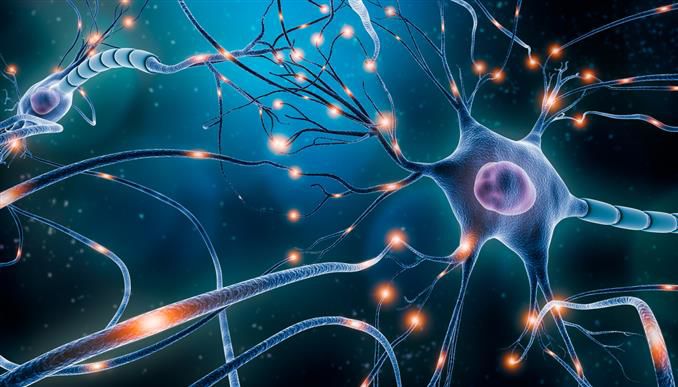Study examines how rare gene mutation causes epilepsy
New Delhi, July 22
A rare genetic mutation has been found to cause “uninterrupted” flow of sodium into brain cells, leading to epilepsy in infants, according to a study.
The finding can help in treating epilepsy patients by synthesis of drugs capable of modifying the functioning of the sodium channels, the researchers said.
Epilepsy is a brain disorder in which one is vulnerable to experiencing recurrent unprovoked seizures or fits. The condition can lead to severe disability or death.
Researchers explained that proteins inside brain cells (neurons), called ‘sodium channels’, have a mechanism that works like a “self-closing gate”.
“In healthy individuals, this cellular gate briefly opens, then shuts automatically to prevent sodium ions (charged sodium particles) from continuously flowing into neurons,” said study author Geza Berecki, a biophysicist at the Florey Institute of Neuroscience and Mental Health, Australia.
The team’s research, published in the journal Brain, is the first to show that by affecting the normal functioning of the sodium channels, mutations in the SCN2A gene can cause an “uninterrupted sodium ion flow into neurons, leading to seizures”.
“This disrupts the brain’s ability to shut down neuronal signals, causing an overall increase in brain excitability,” said Berecki.
SCN2A is a large gene with immense potential for genetic variation, the researchers said.
The number of distinct SCN2A mutations continues to grow as gene sequencing becomes more widespread, they said.
For the study, the authors worked with data from epilepsy patients in Australia and overseas. They analysed the function of neurons in cell samples and computer models of the mutation-affected protein.
The findings have implications for treating epilepsy, said Berecki.
Drugs capable of modifying the functioning of the sodium channels may pave the way for more effective personalised treatments for the affected individuals, said Berecki.









